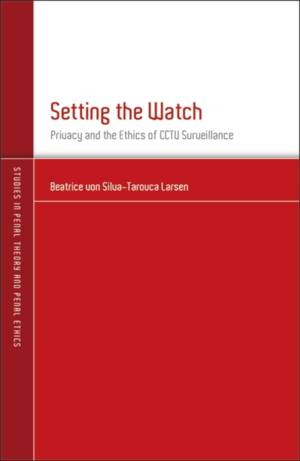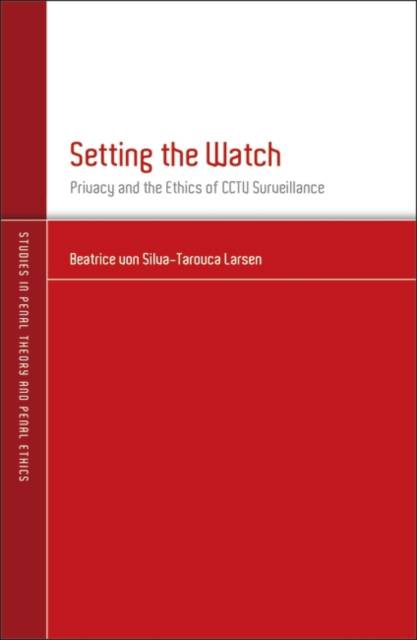
- Afhalen na 1 uur in een winkel met voorraad
- Gratis thuislevering in België vanaf € 30
- Ruim aanbod met 7 miljoen producten
- Afhalen na 1 uur in een winkel met voorraad
- Gratis thuislevering in België vanaf € 30
- Ruim aanbod met 7 miljoen producten
Zoeken
€ 129,95
+ 259 punten
Omschrijving
Many liberals consider closed-circuit television (CCTV) surveillance in public places - particularly when it is as extensive as it is in England - to be an infringement of important privacy-based rights. An influential report by the House of Lords in 2009 took this view. However, there has been little public or academic discussion and analysis of the underlying principles and ethical issues. What rights of privacy or anonymity do people have when in public spaces abroad? What is the rationale of these rights? In what respect does CCTV surveillance compromise them? To what extent does the State's interest in crime prevention warrant encroachment upon such privacy/anonymity rights? This book offers the first extended, systematic treatment of these issues. It develops a theory concerning the normative basis of the entitlement to privacy/anonymity in public space - a theory based on notions of liberty and dignity. It examines in depth how CCTV surveillance might compromise these entitlements, drawing on everyday conventions of non-attendance among people in the public domain, and it considers whether and to what extent crime-control concerns might justify overriding these entitlements. The conclusion is that they might do so only in certain restrictively-defined situations, and the book therefore ends with a proposal for a scheme of regulation which might be appropriate for CCTV.
Specificaties
Betrokkenen
- Auteur(s):
- Uitgeverij:
Inhoud
- Aantal bladzijden:
- 226
- Taal:
- Engels
- Reeks:
- Reeksnummer:
- nr. 5
Eigenschappen
- Productcode (EAN):
- 9781849460842
- Verschijningsdatum:
- 28/01/2011
- Uitvoering:
- Hardcover
- Formaat:
- Ongenaaid / garenloos gebonden
- Afmetingen:
- 163 mm x 236 mm
- Gewicht:
- 498 g

Alleen bij Standaard Boekhandel
+ 259 punten op je klantenkaart van Standaard Boekhandel
Beoordelingen
We publiceren alleen reviews die voldoen aan de voorwaarden voor reviews. Bekijk onze voorwaarden voor reviews.








